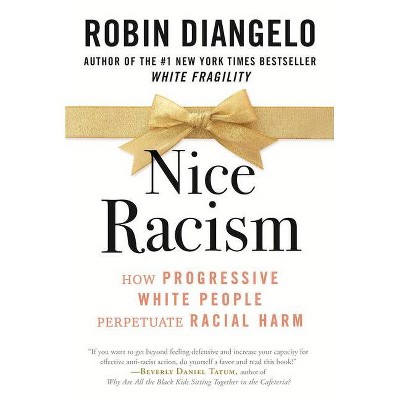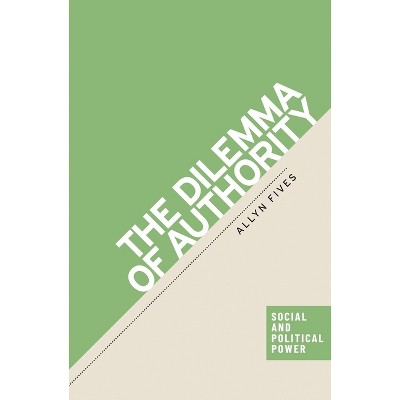Sponsored

Institutional Racism - by Michael Haas (Hardcover)
In Stock
Sponsored
About this item
Highlights
- This book describes how institutional racism arose in Hawaii, why it arose, what kept it going, and how it can be dismantled.
- About the Author: MICHAEL HAAS, Codirector of the Center for Research on Ethnic Relations at the Social Science Research Institute, University of Hawai'i at Manoa, has held visiting appointments throughout the world, most recently at the University of London.
- 392 Pages
- Political Science, Civil Rights
Description
About the Book
This book describes how institutional racism arose in Hawaii, why it arose, what kept it going, and how it can be dismantled. The book is unique in describing the history, statistical patterns, ideological disputation, and political underpinnings of institutional racism in a particular state, indeed one often thought to be relatively free from virulent forms of racism. The book specifically focuses on racial problems in regard to education, employment, health care delivery, and public accomodations.
The book concludes that White-constructed institutional racist policies, practices, and procedures persisted even when political power shifted after statehood in 1959 to affluent Japanese-Americans, who used the same forms of institutional racism to hold back Whites and poorer non-White ethnic groups. Although affirmative action is often improperly thought to involve quotas and reverse discrimination, the case of Hawaii shows that institutional racism can be dismantled through affirmative action without lowering standards of education, employment qualifications, and health care, instead, standards actually improved the benefit to all.
Book Synopsis
This book describes how institutional racism arose in Hawaii, why it arose, what kept it going, and how it can be dismantled. The book is unique in describing the history, statistical patterns, ideological disputation, and political underpinnings of institutional racism in a particular state, indeed one often thought to be relatively free from virulent forms of racism. The book specifically focuses on racial problems in regard to education, employment, health care delivery, and public accomodations.
The book concludes that White-constructed institutional racist policies, practices, and procedures persisted even when political power shifted after statehood in 1959 to affluent Japanese-Americans, who used the same forms of institutional racism to hold back Whites and poorer non-White ethnic groups. Although affirmative action is often improperly thought to involve quotas and reverse discrimination, the case of Hawaii shows that institutional racism can be dismantled through affirmative action without lowering standards of education, employment qualifications, and health care, instead, standards actually improved the benefit to all.Review Quotes
?This densely written, statistically packed book is a well-meaning study, written explicitly to advocate improvement for Hawaii's minority groups. Advanced undergraduate; graduate; faculty; professional.?-Choice
"This densely written, statistically packed book is a well-meaning study, written explicitly to advocate improvement for Hawaii's minority groups. Advanced undergraduate; graduate; faculty; professional."-Choice
About the Author
MICHAEL HAAS, Codirector of the Center for Research on Ethnic Relations at the Social Science Research Institute, University of Hawai'i at Manoa, has held visiting appointments throughout the world, most recently at the University of London. The author of The Asian Way to Peace and Polity and Society (both Praeger, 1989 and 1992), Dr. Haas has authored or edited more than a dozen other books and written over a hundred articles for such journals as the American Political Science Review and the Journal of Conflict Resolution. He contributes to such periodicals as the Far Eastern Economic Review and The Nation (Bangkok).Shipping details
Return details
Frequently bought together

Trending Non-Fiction


Discover more options















